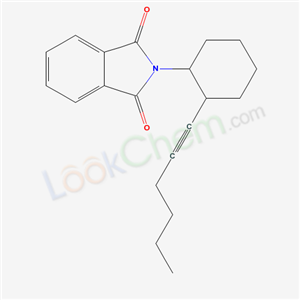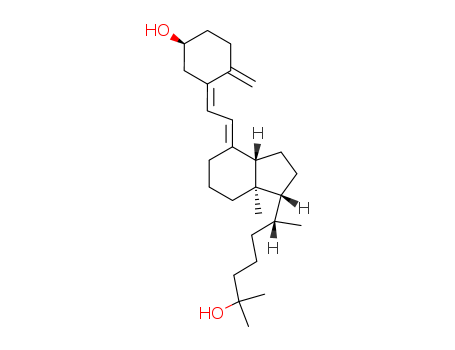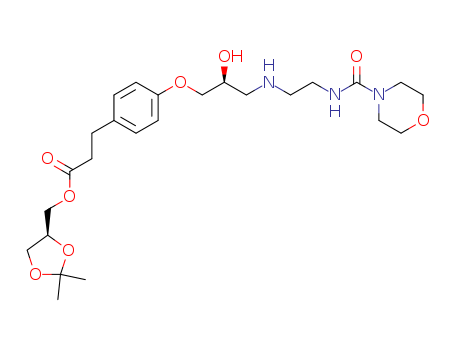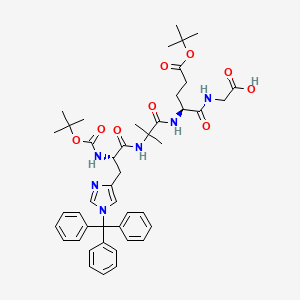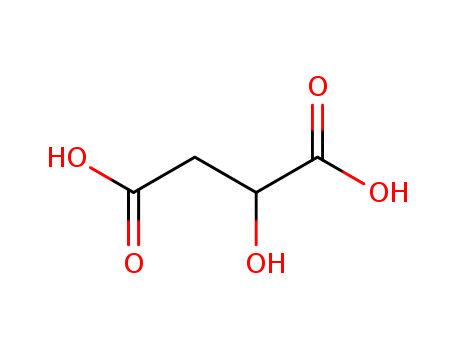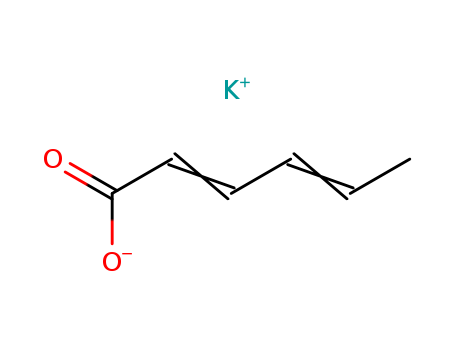
590-00-1
- Product Name:Potassium Sorbate
- Molecular Formula:C6H7KO2
- Purity:99%
- Molecular Weight:150.219
Product Details
Buy Quality Potassium Sorbate 590-00-1 of Top Purity 99% at a Competitive Price
- Molecular Formula:C6H7O2*K
- Molecular Weight:150.219
- Appearance/Colour:White granular
- Melting Point:270 °C
- Boiling Point:233 °C at 760 mmHg
- Flash Point:139.9 °C
- PSA:40.13000
- Density:1.363 g/cm3 (25oC)
- LogP:-0.13140
Potassium sorbate(Cas 590-00-1) Usage
|
Description |
It appears as white to pale yellow flaky crystals and crystalline powder or granular. It is odorless or slightly smelly. Long-term storage in the air is easy to absorb moisture and oxidative decomposition as well as coloring. Relative density (d2025): 1.363. The melting point temperature: 270 ° C (decomposition). It is easily soluble in water (67.6g/100ml, 20 ℃) 5% salt water (47.5g/100ml, room temperature), 25% sugar water (5lg/100ml, room temperature). It can be dissolved in propylene glycol (5.8 g/100 ml), ethanol (0.3 g/100 ml) with the pH value of the 1% aqueous solution being 7 to 8. It has a strong effect on inhibiting spoilage and mold, and because of its lower toxicity than other preservatives, it has become the world's most important preservatives. In acidic conditions, it can give full effect of anti-corrosion while the effect is the lowest in neutral condition. |
|
Uses |
Potassium sorbate is a chemical food preservative. Its anti-microbial properties stop the growth and spread of harmful bacteria. When used correctly, it inhibits bacterial growth in colostrum and milk. It can also be used to preserve antibody levels in ‘gold’ (first milking) colostrum. Potassium sorbate is use as an antimicrobial preservative prevents the growth of mold, bacteria and fungi in cheese, dried meats, baked goods, jellies and syrups. As a preservative in dried fruit, potassium sorbate often replaces sulfur dioxide, which has an aftertaste. The addition of potassium sorbate to dietary supplements inhibits microbes and increases shelf life. Many personal care products use potassium sorbate to prolong shelf stability and prevent bacteria contamination. Acting as a wine stabilizer, potassium sorbate prevents yeast from fermentation past the wine’s bottling stage. By inhibiting the fermentation process, it ceases production of yeast. Potassium sorbate is not a broad spectrum preservative for cosmetic use and should be combined with other preservatives. If potassium sorbate is used as a preservative, the pH of the finished product may need to be reduced for potassium sorbate to be effective.? This is because potassium sorbate is the inactive salt form of sorbic acid.? To be useful, the pH of the formulation must be low enough to release the free acid for useful activity. Potassium sorbate is a food grade preservative generally regarded as safe (GRAS) worldwide. It is the inactive salt of sorbic acid. It readily dissolves in water where it converts to sorbic acid, its active form, at a low pH. Sorbic acid is very pH dependent. While it shows some activity up to pH 6 (about 6%), it is most active at pH 4.4 (70%). At pH 5.0 it is 37% active. As sorbic acid, it is considered to be active against mold, fair against yeast and poor against most bacteria. Sorbic acid is an unsaturated fatty acid and as such is subject to oxidation (use of an antioxidant like Mixed Tocopherols T50 is recommended). It is also sensitive to UV light and may turn yellow in solution.? Gluconolactone is reported to stabilize potassium sorbate against discoloration and darkening in aqueous solutions and may be useful in stabilizing sorbic acid in the water phase of a product. |
InChI:InChI=1/C6H8O2.K/c1-2-3-4-5-6(7)8;/h2-5H,1H3,(H,7,8);/q;+1/p-1/b3-2-,5-4-;
590-00-1 Downstream products
-
92656-01-4

(5S,6R)-5,6-Diacetyl-4-methyl-cyclohex-2-enecarboxylic acid 2-oxo-propyl ester
Relevant Products
-
Malic acid
CAS:6915-15-7
-
Sodium Citrate
CAS:76-46-0
-
gum tragacanth
CAS:8047-34-5

